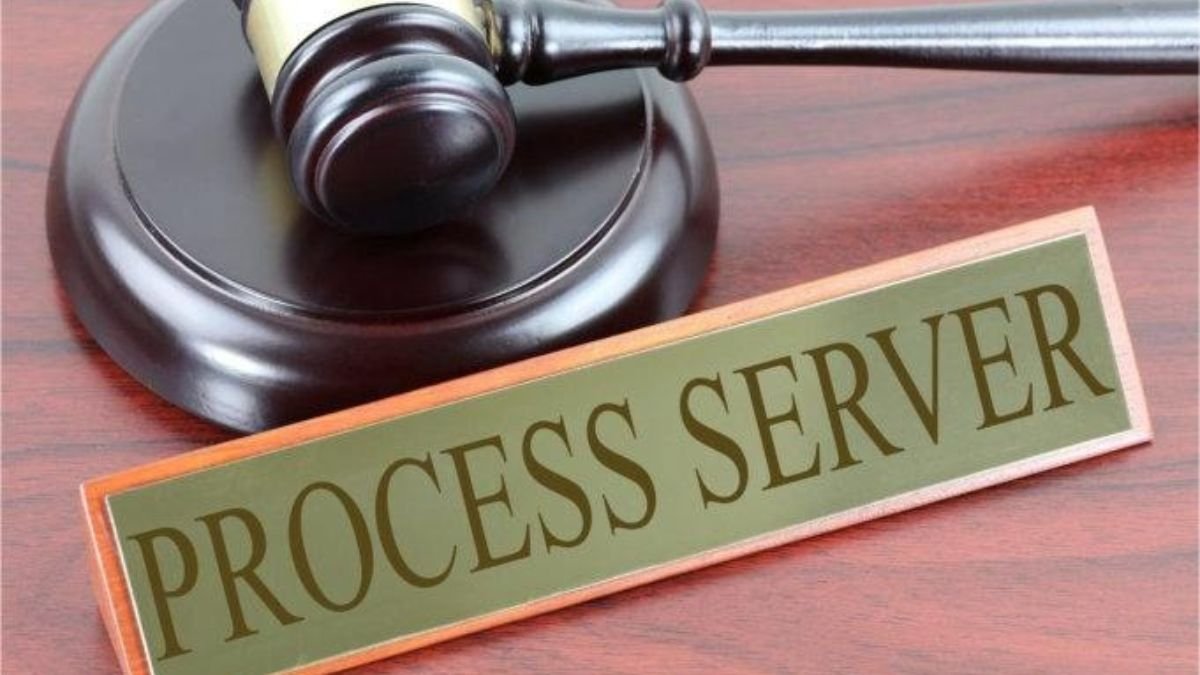The legal process is a complex system with many moving parts, each designed to ensure justice and fairness. The role of process servers is often crucial but frequently ignored. These professionals are responsible for delivering legal documents, including complaints, and court orders to individuals involved in legal proceedings. Their efforts are basic in ensuring that due process is maintained and that everyone knows their legal responsibilities.
Table of Contents
Role of a Process Server
Process servers are tasked with delivering legal documents to people or companies engaged in a legal issue. Their main obligation is to make sure recipients are advised of legal actions against them or of their requirement to appear in court.
The role of sydney process servers is not only about delivering papers; it also includes following rigorous legal procedures to ensure that the service of the process is legitimate. This ensures that the recipient cannot later claim ignorance of the proceedings due to improper notification.
Ensuring Compliance with Legal Standards
Ensuring legal standards are met when serving documents is a crucial contribution made by process servers. Courts mandate legal notices to be served in a way that meets due process requirements. This implies that all parties need to be informed in advance about legal proceedings to adequately prepare their cases.
Process servers are educated on adhering to the rules of civil procedure in the areas they work in. These rules determine the manner, timing, and location of serving documents.
Facilitating Efficient Legal Proceedings
Process servers facilitate effective legal proceedings since timely communication is often the foundation of the effectiveness of the courts. Legal matters run on tight schedules with deadlines for submitting motions, answering grievances, and showing up before courts. Delays in document delivery might lead to unnecessary for all those engaged.
To simplify their work, professional process servers also frequently employ advanced equipment and technology including electronic filing systems and GPS tracking. These instruments improve their efficiency and offer clear documentation of services. It ensures that legal documents arrive at the appropriate recipients on schedule, therefore keeping cases active and avoiding expensive delays.
Maintaining the Fairness Principle
Process servers play a fundamental part in the legal system based on the fairness principle. They maintain the concept that everyone deserves the chance to be heard in court by making sure all parties are properly informed of legal activities. This transparency maintains trust in the judicial system and protects the rights of individuals. They are trained to operate impartially, serving papers free from prejudice or bias.
Process servers guarantee that the court stays fair and objective by following ethical norms and legal procedures. Their efforts support the idea that the legal system exists not only for those who are well-informed or well-represented to serve justice for all.
Managing Difficult Conditions Professionally
Serving legal documents is not always easy. Recipients may react with rage, fear, or even aggression particularly if the paperwork relates to delicate issues like eviction, divorce, or lawsuits. Process servers have to negotiate these events with great professionalism and calmness.
Many sydney process servers receive conflict resolution and interpersonal communication training to equip themselves for such difficulties. Their ability to remain calm and professional under pressure not only ensures their safety but also upholds the dignity of the legal process.
Impact of Process Servers on Legal Outcomes
Although process servers may appear to have a procedural role, their influence on legal results is substantial. The proper serving of legal documents is a requirement for many legal proceedings to proceed. If papers are not delivered properly, legal proceedings might be postponed or thrown out, leading to a possible denial of justice.
Process Servers are vital in ensuring the integrity of legal proceedings. Their efforts guarantee that justice is not only delivered but also perceived to be delivered, upholding trust in the legal system among the public.

